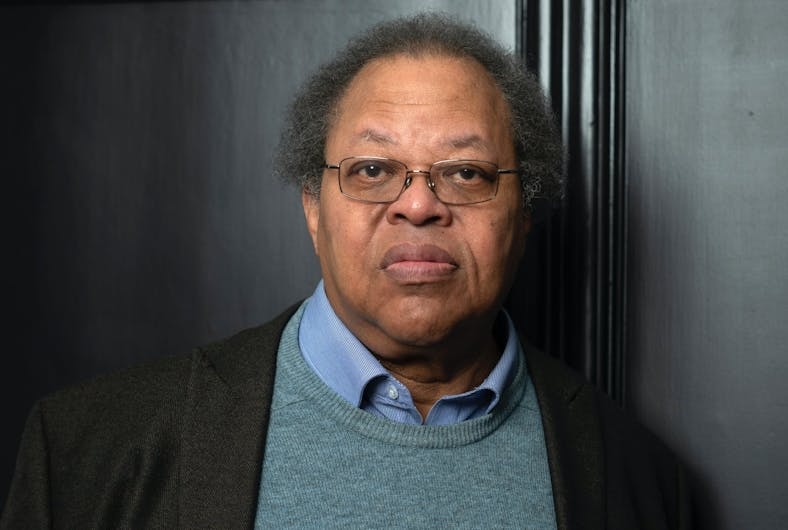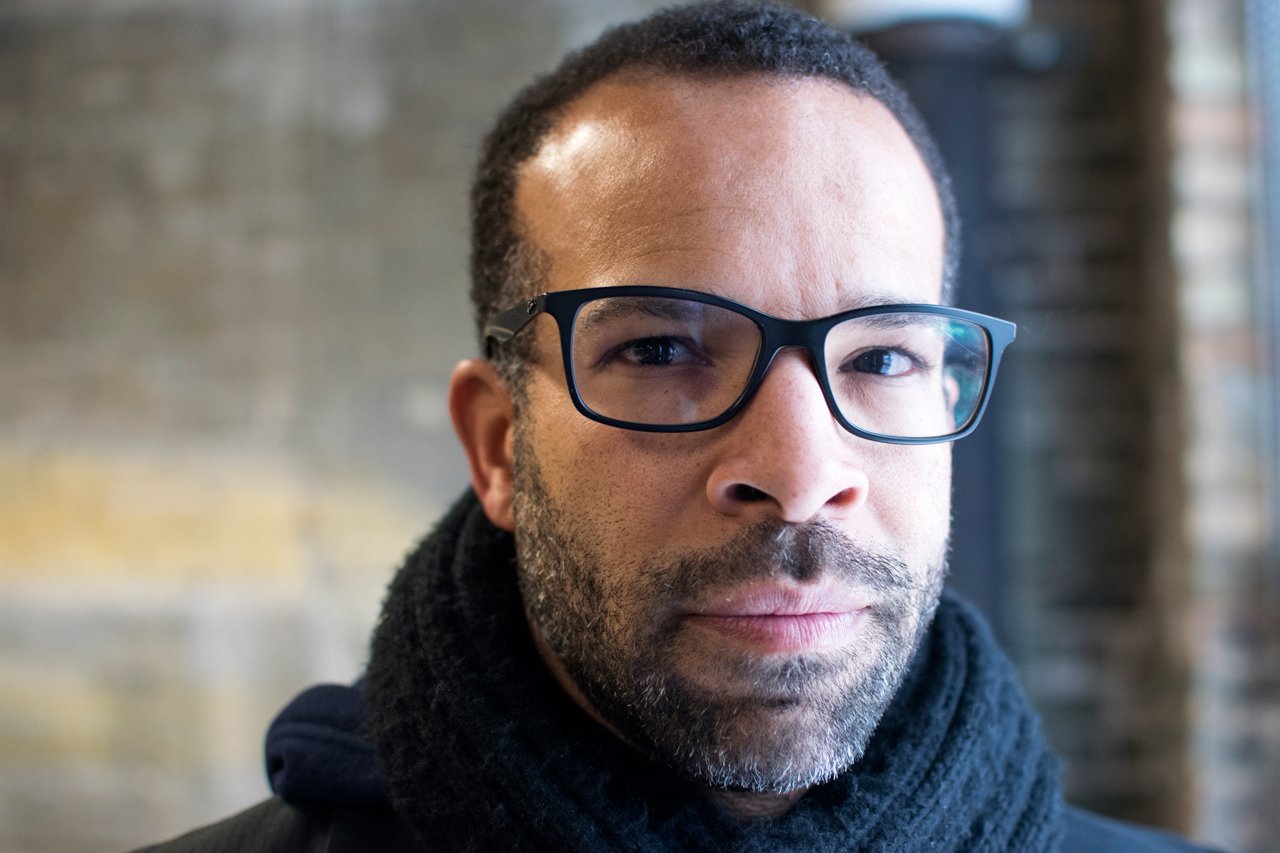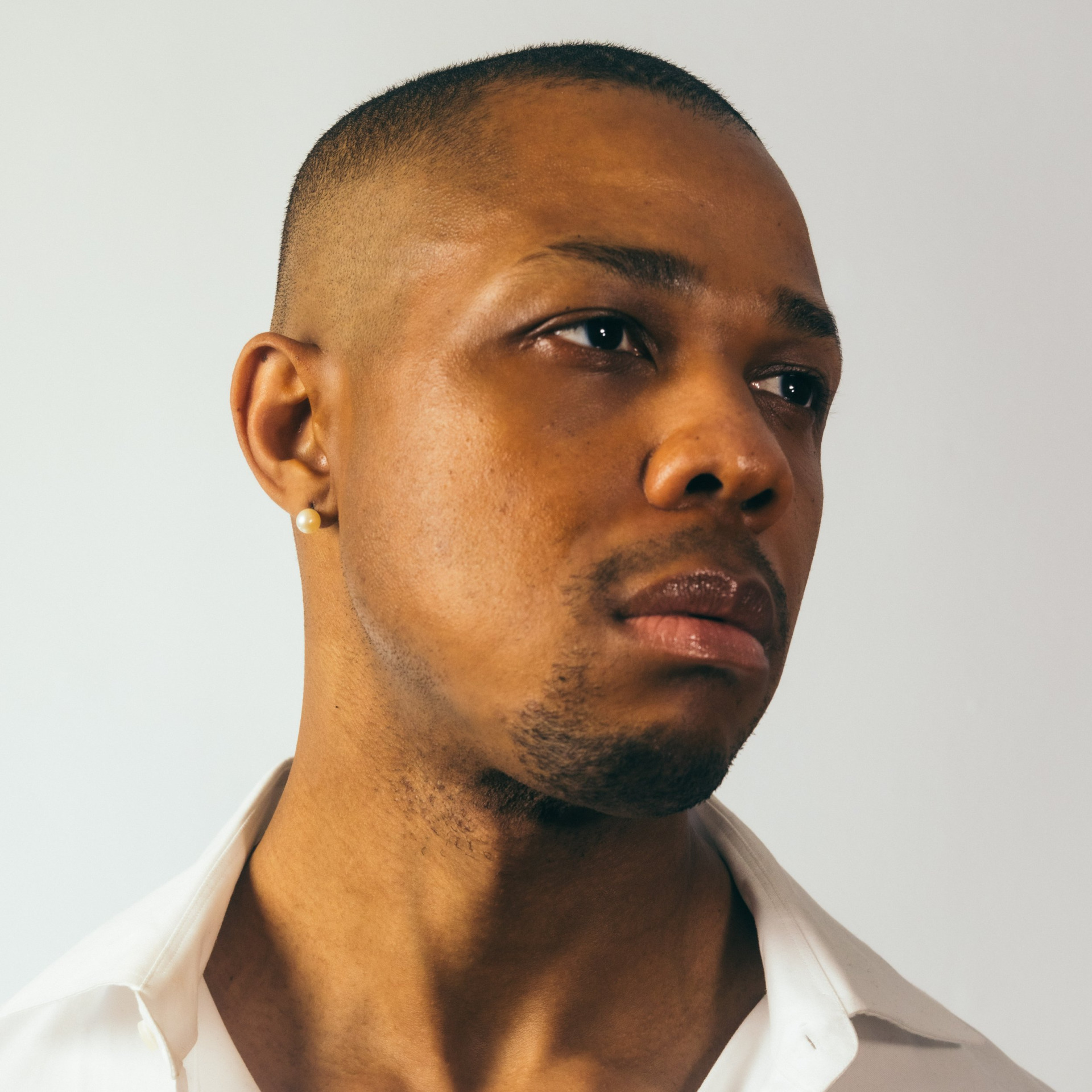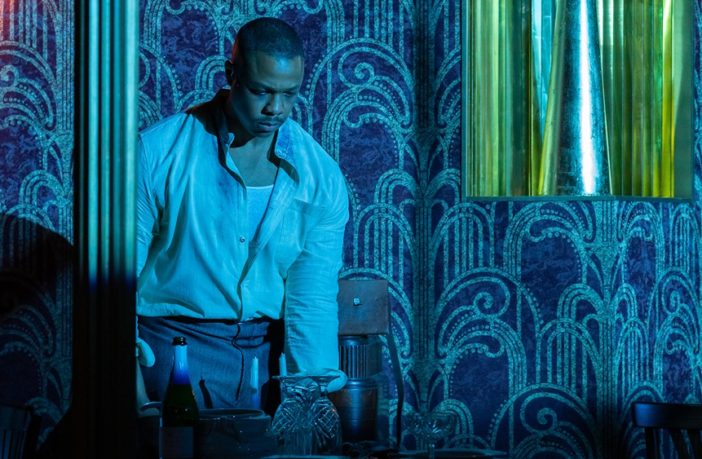W.E.B. Du Bois, a pioneering figure in Afrofuturism, explored themes of race and identity in the 1920s with The Comet, a short story about a Black man and a White woman who are the only survivors in New York after the city is hit by a comet. And now that tale has come to the operatic stage.
The Comet / Poppea, now being presented by MOCA and The Industry in Los Angeles, is a show staged on a revolving turntable divided into two sides. One side revisits Du Bois’ proto-Afro-futurist writing. The other is L’incoronazione di Poppea (The Coronation of Poppea), an Italian opera that unfolds amid social divisions in ancient Rome.
The combining of these two different but intersecting tales taps into each other’s synergies, drawing on Du Bois’s concept of double consciousness. While the works are from prior centuries, the storylines remain relevant today, exploring themes of racial identity and societal inequality and what meaning they take on if humanity is eradicated.
 George Lewis. Image: Maurice Weiss.
George Lewis. Image: Maurice Weiss.
George Lewis penned the opera’s score. “Wagner’s Lohengrin was Du Bois’s favorite opera, and in 1936 he even published an article, Opera and the Negro Problem. When [the show’s director]Yuval Sharon told me he was interested in how Du Bois’s idea of double consciousness could provide the basis for operatic experience, I thought immediately of Du Bois’s science-fiction short story,” says Lewis. “It’s power, privilege, race, class, gender, double consciousness and the survival of humanity.”
The Chicago-born Afrodiasporic composer plays with the sounds from artists’ past in this production. “‘Composing While Black’ that goes back many centuries and is entangled with experimental music from around the world, people might hear references to the elegiac late music of John Coltrane, Thelonious Monk, blues shouting or JID,” Lewis says. “But I don’t base my music on genre labels or sonic trademarks. At every moment, I try to express myself in my own voice.”

 Douglas Kearney. Image: Bao Phi.
Douglas Kearney. Image: Bao Phi.
Poet Douglas Kearney took on the opera’s words. “Du Bois’ The Comet reads like a fable to me, and I believe opera does fables—myth and allegory, too—quite well,” he says of the production. “Both the story and the adaptation are a what-if, a thought experiment, a speculation. One could see it as: What if a comet caused Armageddon and only two people survived? Another could think of it as: Is the only way to dismantle racism a massive, societal reset?”
Kearney’s writing is steeped in traditions of Black social music—Blues, hip hop, soul—where “there’s a register of language pointing to the ‘Changing Same’ that keeps on keeping on its interference and interruption of Black life,” he exclaims.
“Soul isn’t just a style, though. It points to the aesthetic and philosophical richness of layering time: it’s a simultaneous memory and present. That so many of our vernacular developments go back and bring forward the past seems a cultivated aspect of our diasporic cultures. We been doing that and stay doing that.”

 Davóne Tines. Image: Noah Elliott Morrison.
Davóne Tines. Image: Noah Elliott Morrison.
Bringing lead character Jim Davis to life is bass-baritone Davóne Tines. “I wanted to portray a person blooming into the revelation of their new context as a Black man newly divorced from the oppressive structures he’s spent his life trying to escape,” he shares. “His awakening is equally exhilarating and terrifying as he now has the opportunity to glimpse what freedom might look like on the other side.”
While playing the role, Tines is able to express Jim’s self-actualization. “As he reflects on the journey of his life up until now and realizes that, with the world blown apart, he has the space to stop making himself small,” Tines shares. “I sing the poetic line: ‘I’m not sorry to stop drawing my shadow into my body.’ I love singing the line because it’s a beautiful way of proclaiming that I am going to allow myself to take up vast amounts of space and I’ll be damned if anyone tries to stop me.”
As The Comet / Poppea comes to a close, it leaves viewers with one central theme: could a societal reset truly be the answer to entrenched problems like racism? It is one that, a century later, we as a society are still struggling to answer.
The Comet / Poppea is playing at the MOCA in Los Angeles through June 23, 2024.



